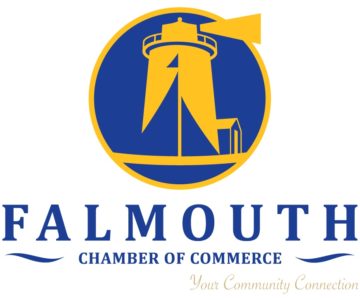Marissa McMahan, Ph.D. Candidate, Northeastern University, joins Manomet staff thanks to the Switzer Foundation
Manomet Inc. is pleased to announce the addition of Marissa McMahan as a Senior Fisheries Scientist. McMahan’s role will be to grow an applied fisheries science program in a way that helps fishermen adapt to the changing, warming Gulf of Maine. The Gulf of Maine is warming faster than 99% of the world’s oceans and the impact on New England’s fisheries economy is increasing. With McMahan on staff, Manomet will now be able to focus additional resources on restoring and growing the soft-shell clam industry in Maine; determining the viability of a soft-shell green crab industry in New England and examining the implications of the expansion of black sea bass, a commercially important species that has been moving north in response to climate change and ocean warming.
McMahan is joining the Manomet staff thanks to an award from the Robert and Patricia Switzer Foundation, which invests in individuals and organizations that drive positive environmental change. “The Switzer Foundation is thrilled to support Manomet in the most pressing issue facing the Gulf of Maine, that of a rapidly warming climate and the consequent changes it brings to ecosystems and livelihoods,” said Lissa Widoff, Executive Director, Robert & Patricia Switzer Foundation. “Marissa is a scientist with deep roots in the coastal Maine community, and committed to directly applying her expertise to current problems. The partnership between Manomet and Marissa, a leader in marine science and policy, is a terrific fit and we look forward to seeing the results of their work.”
“Manomet’s strength lies in putting science to use hand-in-hand with people who depend on, and manage, ecosystems. Not only does Marissa have the perfect scientific background for what Manomet needs, but she understands that relationships with fishermen must come before science can be used,” added Manomet president John Hagan. “The alignment of Manomet’s needs and philosophy of putting science to use, and Marissa’s readiness to step into a professional leadership role, perfectly captures the spirit and intent of the Switzer Leadership Program.”
McMahan is a Ph.D. candidate in Northeastern University’s Ecology, Evolution and Marine Biology program. Her research focuses on community ecology and fisheries biology. Prior to her graduate career, Marissa held internships at both The Lobster Conservancy and the Gulf of Maine Research Institute, while also working as a commercial fisherman on her father’s lobster boat. As a result of her family’s deep history and reliance on fisheries, and the changes she was seeing from the stern of her father’s boat, she decided science was the best way she could change the future.
“I grew up working on my father’s lobster boat. What drives me is an intense desire to see fishing traditions continue as the Gulf of Maine warms and this system changes,” said McMahan. “Manomet is the perfect platform for me to make a difference in the world because it is so laser-focused on putting science to use through relationships of trust with fishermen. The best way to discover ways to keep New England’s fishing culture alive is to be in the trenches every day with the fishing families who depend on this system. I know science and I know fishing. I look forward to working with Manomet.” McMahan will be joining the Manomet staff in September 2017.
About Manomet
Manomet is a nonprofit organization that believes people can live and work today in ways that will enable our world to thrive and prosper tomorrow. Manomet’s mission: applying science and engaging people to sustain our world. Visit www.manomet.org for more information.
About the Robert and Patricia Switzer Foundation
The Robert & Patricia Switzer Foundation identifies and nurtures environmental leaders who have the ability and determination to make a significant impact, and supports initiatives that will have direct and measurable results to improve environmental quality. The Foundation accomplishes this by awarding academic fellowships and project grants, and fostering a growing and active network of Switzer Fellows, environmental practitioners, and organizations. For more information, visit http://www.switzernetwork.org/.
Manomet Inc. expands focus on fisheries in the rapidly warming Gulf of Maine





















